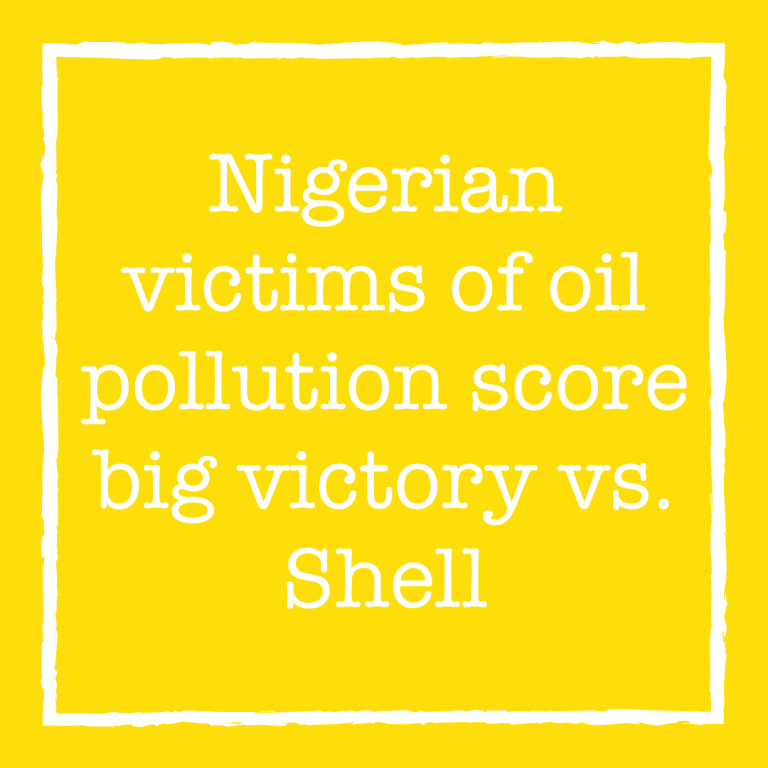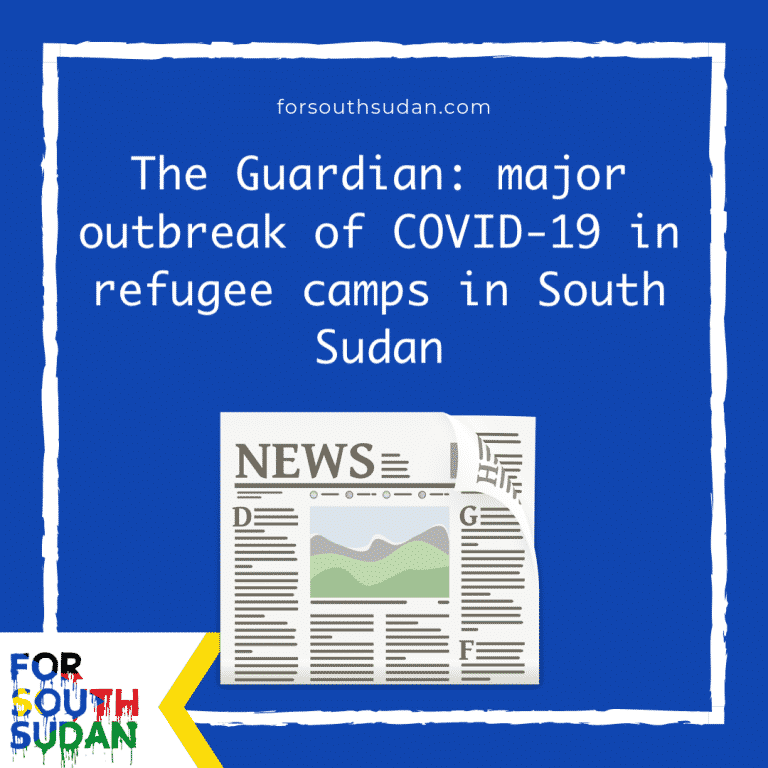The Republic of South Sudan celebrates 10 years of independence!
June 30, 2021
On July 9, 2011 the Republic of South Sudan became the world’s youngest country.
Much has happened since then.
In 2012, the country passed its admirably strict and comprehensive Petroleum Act – and absolutely failed to enforce it – or any other similar regulations.
With impressive results:
Huge expanses of South Sudan’s groundwater and arable land are irreversibly contaminated with lead, highly-toxic chemicals and other poisons.
Consumption of contaminated water, polluted air and poisoned food have reportedly killed thousands. Millions more have lived and live with pain, deformities and damaged minds and bodies.
South Sudan has the highest ambient levels of lead of any country that is not home to lead mines. UNESCO reports that 2.3 million children are lead-poisoned in South Sudan, and that this lead is a deadly byproduct of oil production. Reports on and photos of infants whose horrible deformities presumably stem from oil pollution flood the media.
Millions of residents experienced the oil pollution-caused death of their livestock and crops. The resulting hunger forced them to flee to refugee camps. They were joined in their flight by others striving to escape oil-fueled wars and mass rapes. Many of the perpetrators of these crimes against humanity relied on funding stemming from oil revenues.
This funding originated from South Sudan’s government and its agents. The government financed the militias and their attacks on the people living in the oil regions. Objective of such was to provide companies with unimpeded access to these areas’ oil. With great success.
Ten years after independence, South Sudan
is rich in oil and other natural resources – and the second poorest country in the world.
is one of the five most corrupt, hungry, thirsty, dangerous and unhealthy countries in the world.
More than two thirds of the country’s 12 million people rely on humanitarian assistance to survive.


